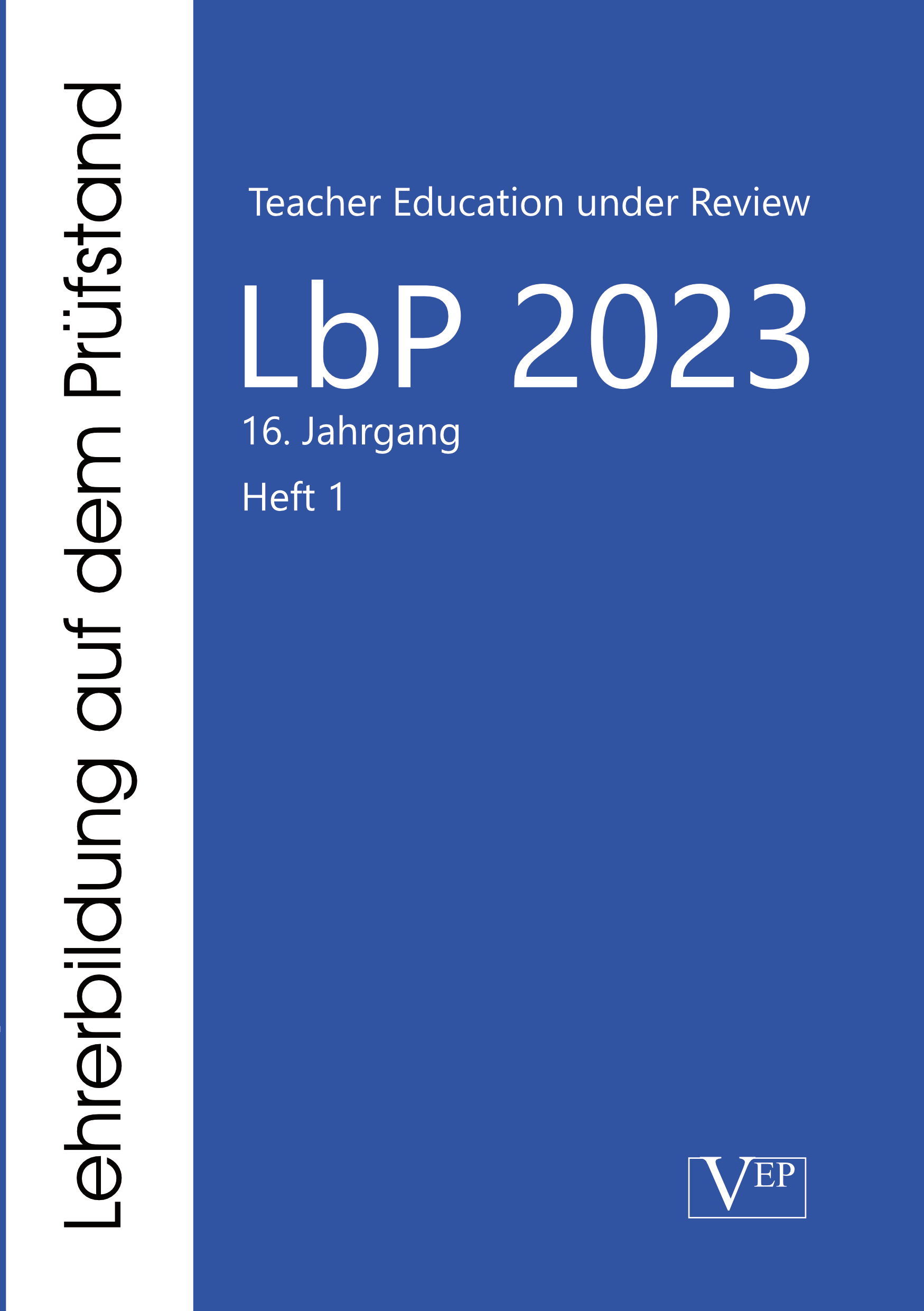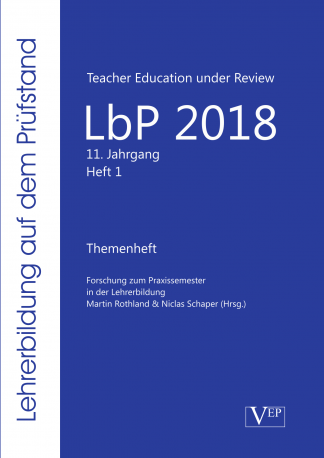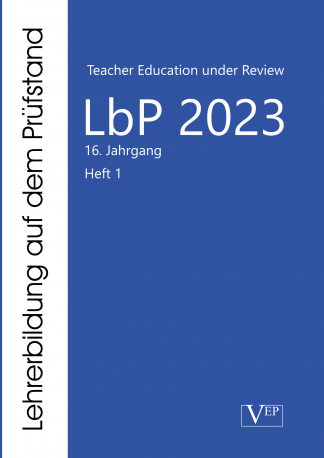Inhalt
Der Prozess der Professionalisierung ist mit dem Ende der Ausbildung zur Lehrperson nicht abgeschlossen, sondern erstreckt sich über die gesamte Berufsbiografie. Lehrerinnen und Lehrer werden in ihrer professionellen Entwicklung mit Anforderungen konfrontiert, deren Komplexität und Dynamik in der Berufseinstiegsphase sprunghaft ansteigen. Personale und soziale Ressourcen unterstützen Lehrpersonen dabei, die an sie gestellten Anforderungen als professionsbezogene Herausforderungen anzunehmen und zu meistern, um in ihrer individuellen Professionalisierung voranzukommen. Vor diesem Hintergrund geht der Beitrag der Frage nach, wie Lehrpersonen mit den professionellen Anforderungen in der Berufseinstiegsphase umgehen und welche Professionalisierungstypen sich herausarbeiten lassen. Dazu wurden 24 Lehrpersonen mittels teilstrukturierter Interviews zu ihren Erfahrungen im ersten Berufsjahr befragt. Mit Hilfe eines Visualisierungstools konnten die drei Professionalisierungstypen ,,sozialer Typus’‘, ,,ambivalenter Typus’‘ und ,,rationaler Typus’‘ identifiziert werden, die für unterschiedliche Formen des Umgangs mit professionellen Anforderungen in der Berufseinstiegsphase stehen. Die Analysen zeigen, wie wichtig es für den Professionalisierungsprozess von Lehrpersonen ist, die professionelle Anforderungen in der Berufseinstiegsphase in Interaktion mit dem sozialen Umfeld zu bearbeiten und zu bewältigen.
Schlagwörter: Anforderungen – Berufseinstieg – Professionalisierung – Professionalisierungstypen – Ressourcen
The process of professionalisation does not end with the end of teacher education but extends over the entire professional biography. In their development, teachers are confronted with demands whose complexity and dynamics increase in leaps and bounds during the career entry phase. Personal and social re-sources support teachers in accepting and coping with the demands placed on them as challenges to advance in their individual professionalisation. In this context, the article explores the question of how teachers cope with the professional demands in the career entry phase and which types of the professionalisation can be identified. To this end, 24 teachers were asked in semi-structured interviews about their experiences during their first year in the profession. With the help of a visualisation tool, it was possible to identify the three professionalisation types ‘social type’, ‘ambivalent type’ and ‘rational type’, which represent different ways of dealing with professional demands in the career entry phase. The analyses show the importance of dealing and coping with professional demands in the career entry phase in interaction with the social envi¬ronment for the professionalisation process of teachers.
Keywords: career entry – demands – professionalisation – professionalisation types – resources




